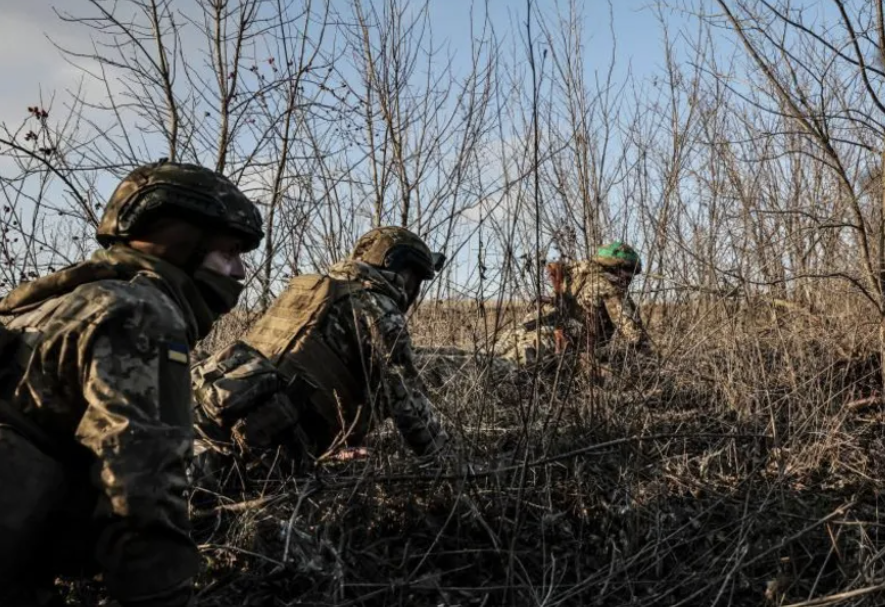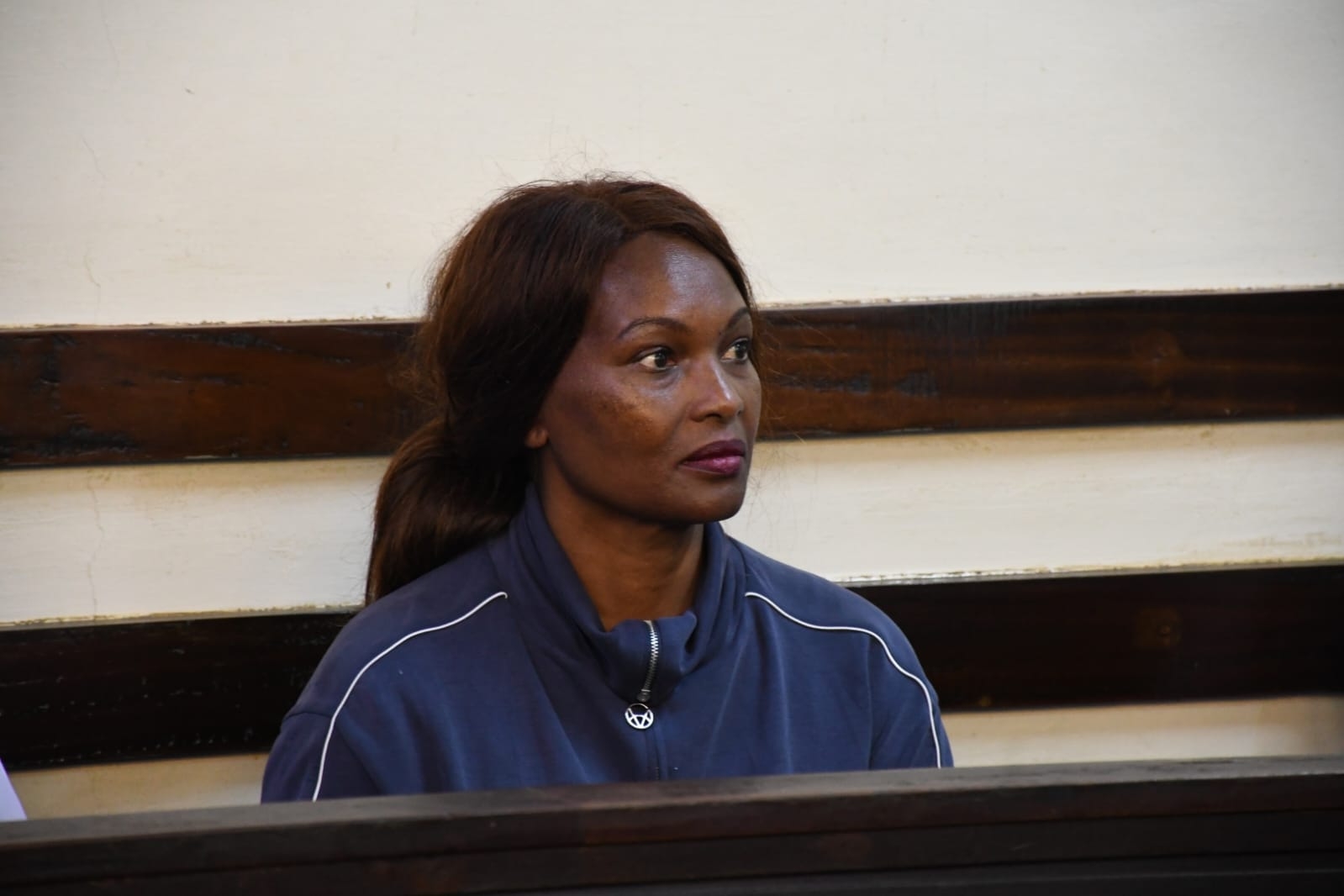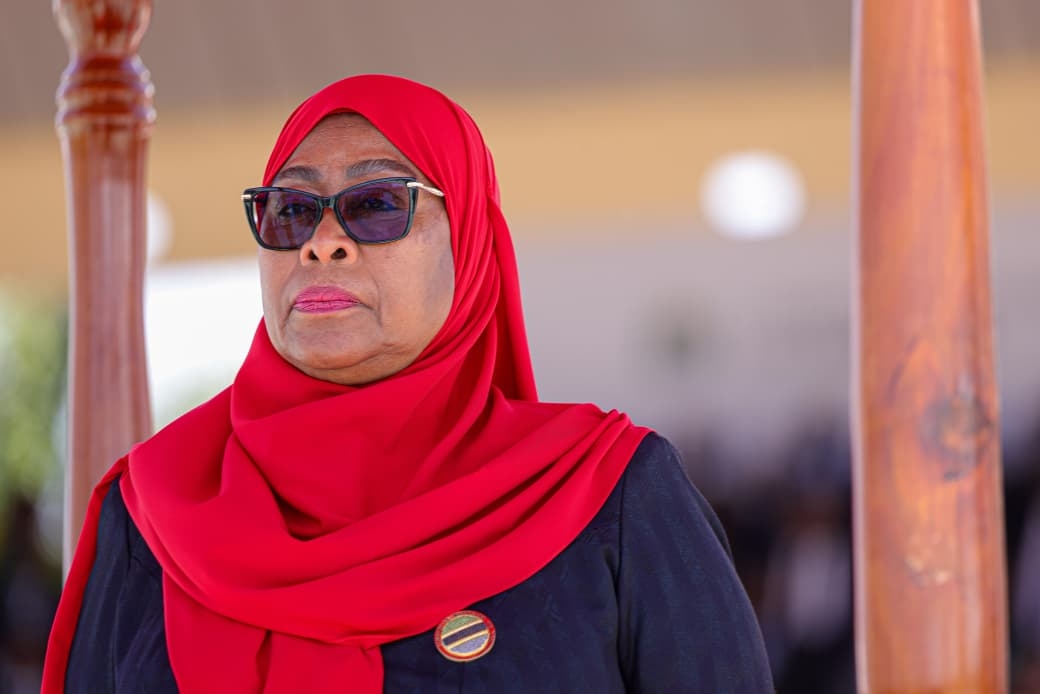

Earlier this week, Kenyan athlete Evans Kibet was captured
fighting for Russia by Ukraine’s 57th Motorized Infantry Brigade in the Kharkiv
Oblast, near the town of Vovchansk, after surrendering.
According to Kibet, he had traveled to Russia as a tourist
before being tricked by his contact into signing up for the Russian army. He
had been in the country for two weeks on a tourist visa.
“I joined the Russian military not knowing I was being
recruited. I have never been in the military and I have never wanted a military
job.
“I went there as a tourist and spent two weeks, but when I
had one day left before returning, the man who received me asked what I thought
of Russia. I said it was good. He asked if I would like to stay, I said yes, but
my visa had expired,” Kibet said in a video released by the Ukrainian Army.
He explained that his contact offered to help with his visa
situation and claimed to have a job ready for him.
“He came in the evening with documents written in Russian. I
didn’t know it was a military job. He told me to sign, then took my passport
and phone. That is how everything went wrong,” Kibet said.
After signing the documents, different people came for him
and drove him about seven hours away, where he found himself in a military
camp.
“You already signed the documents; you cannot go back. You
either serve or get killed,” Kibet recalled being told after refusing to join
the military.
He said he received just one week of training before being
deployed to the frontline, where he met others from different countries.
“I’m not the enemy of Ukraine. I found myself in a situation
I could not get out of, and I was tricked because I didn’t know what I was
signing. It messed up my life,” Kibet said, adding that he only wanted to be
reunited with his 16-year-old daughter, who lives with his mother.
Kibet’s case comes amid increased reports of Africans being
recruited by Russian agents with promises of better job opportunities, only to
end up fighting in Ukraine.
In May, a video widely circulated on Russian Telegram
channels showed a group of foreigners fighting alongside Russia. Three of them
introduced themselves as Kenyans: Gitahi Peter Njenga (32), Felix Mutahi (28),
and Martin Munene Njenga (36). Their whereabouts remain unknown.
According to Ukraine's spokesperson on the treatment of
prisoners of war, Petro Yatsenko, most foreign nationals held as POWs are duped
with job offers, while some voluntarily join.
“Most of these individuals come from poorer countries and
end up on the Russian side in different ways. Some are deceived with jobs in
factories while others join the war voluntarily,” he told the BBC.
The Kenyan government on Saturday confirmed that it is
investigating reports that several Kenyans may have been trafficked to Russia,
with some currently being held as prisoners of war in Ukraine.
Foreign Affairs Principal Secretary Korir Sing’Oei said
authorities are actively looking into at least four cases involving Kenyans
allegedly caught up in the Russo-Ukrainian war.
“We are keenly following information on three or four
Kenyans allegedly trafficked to Russia and currently held as POWs by Ukraine.
We shall provide additional information. In the meantime, we assure the
families that our Mission in Moscow and our teams at HQ are pursuing the matter
with all diligence,” Sing’Oei stated.
Kenyan authorities have not yet provided details on the
identities of the individuals or how they ended up in the conflict zone.
There have also been reports of Kenyan women, alongside
others from African states, who have found themselves in Russian factories
manufacturing drones.
According to a report by the Global Initiative Against
Transnational Organized Crime (GI-TOC), 14 Kenyan women are among at least 200
young Africans working under harsh conditions in the Alabuga Special Economic
Zone (SEZ) in the Republic of Tatarstan.
The Russian Embassy in Kenya dismissed the report, insisting
it was part of an anti-Russian narrative being spread across Africa.
“Today Russia, and especially its dynamically developing
relations with Africa, has become the object of a large-scale disinformation
campaign. Western countries, which realize that their position in the world is
becoming increasingly precarious, are resorting to various, sometimes the most
despicable, tools,” the embassy said in a statement.
It further noted that Kenyan officials in the Mission in
Moscow are in constant communication with representatives of the Alabuga SEZ.
















